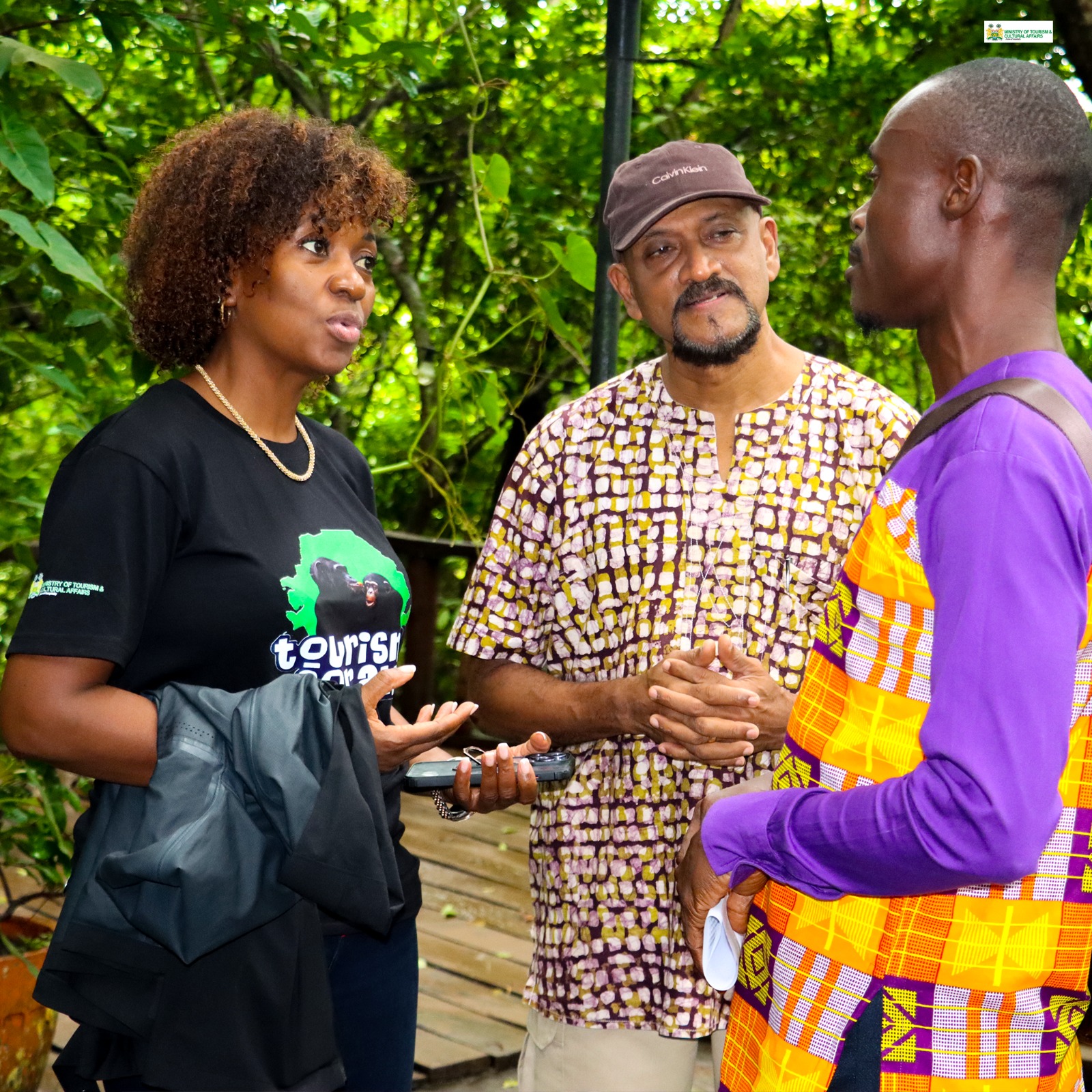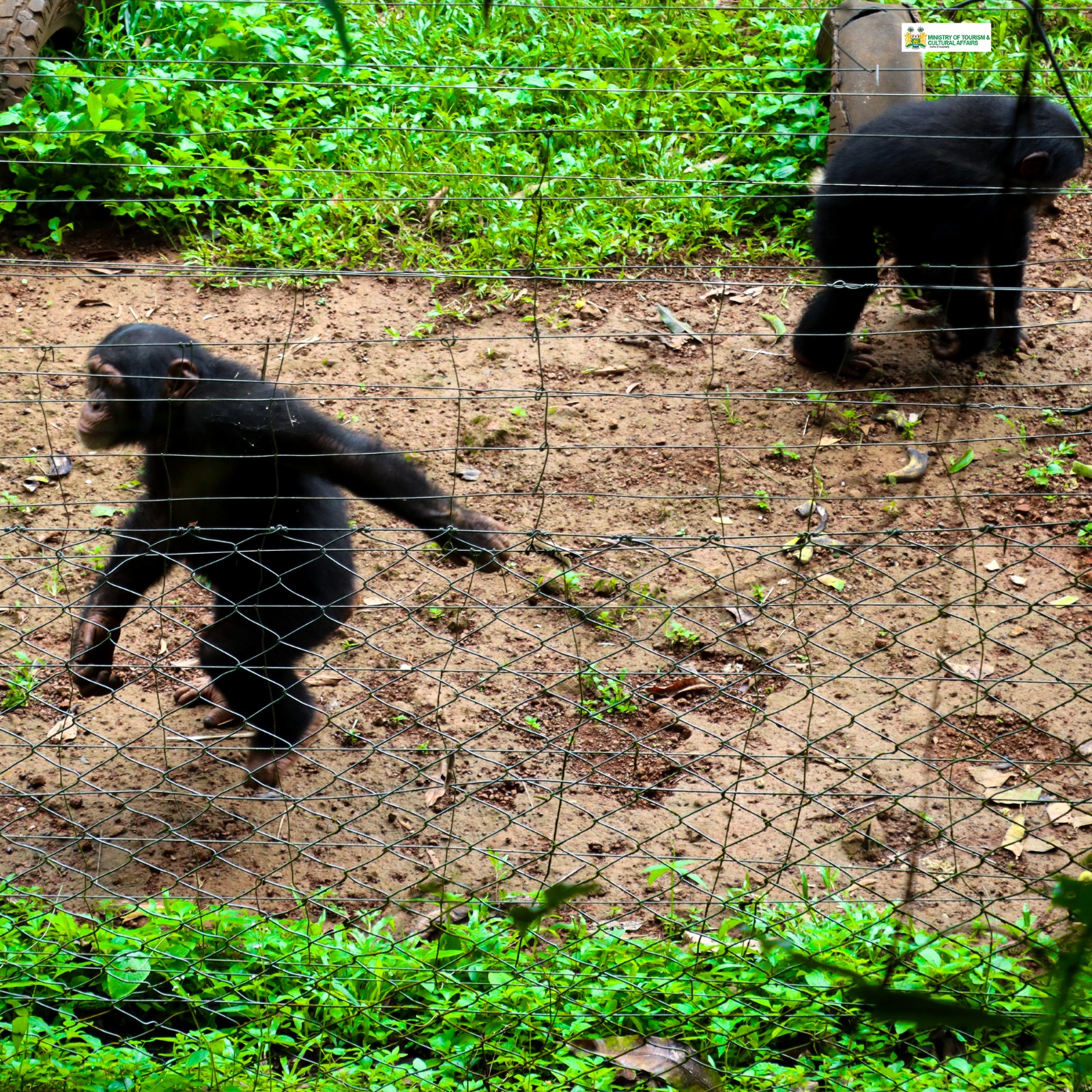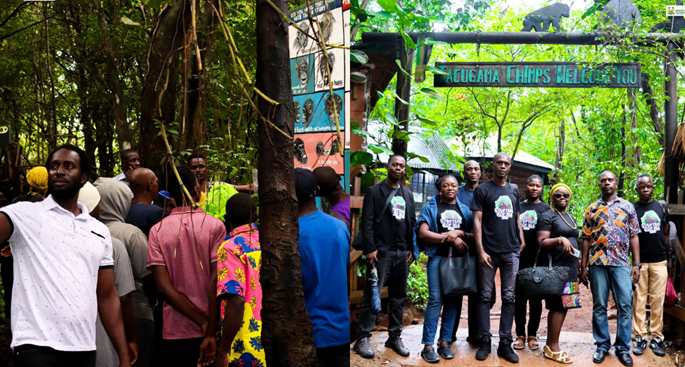The Ministry of Tourism and Cultural Affairs alongside Tacugama Chimpanzee Sanctuary has educated and raised awareness among community leaders and stakeholders from Regent and Bathurst communities on environmental issues related to eco-tourism, referred to locally as Nature Tourism.
The engagement was part of activities in line with July’s Environmental Awareness for Eco-tourism month in the ongoing Tourism for All Campaign.
The primary focus of the engagement was to promote eco-tourism practices and emphasize the collective responsibility of stakeholders in Regent and Bathurst Communities to conserve Sierra Leone’s natural environment, cultural heritage, and monuments for long-term sustainability.

During the event, participants, including Headmen, Chairmen, Chairladies, youth leaders, and community heads, were encouraged to understand and actively support initiatives aimed at protecting the country’s wildlife and natural resources.
Tamba S. Bundor, Senior Tourist Officer of the Ministry of Tourism and Cultural Affairs, highlighted improper human activities as significant threats to the country’s wildlife and natural resources during his opening remarks.

Foday Jalloh, Director of Culture, Creativity, and Innovation, underscored Sierra Leone’s natural beauty, comprising its forests and wildlife, which attract tourists. He urged stakeholders to preserve and protect these assets not only for community economic development but also for the country’s overall economic growth. He also mentioned the TFA campaign aimed at boosting local tourism and encouraged stakeholders to engage in domestic tourism.
Bala Amarasekaran, Founder of Tacugama Chimpanzee Sanctuary, emphasized the sanctuary’s role in making Sierra Leone a desirable destination. He highlighted the importance of increasing local stakeholders’ awareness about the benefits of preserving and protecting Sierra Leone’s natural beauty.

Minister of Tourism and Cultural Affairs, Nabeela Farida Tunis and Permanent Secretary, Edward Kwame Yankson used their presence at the engagement as a motivating factor for community stakeholders to adopt sustainable environmental practices within there communities.
In addition to discussions, stakeholders experienced eco-tourism firsthand by touring the chimps’ camps at the Sanctuary. They received detailed education from tour guides on chimp lifestyles, including reproductive behaviors and feeding habits.
Overall, the engagement aimed at fostering a deeper understanding among stakeholders on the importance of eco-tourism in preserving Sierra Leone’s environment and cultural heritage for sustainable development.











